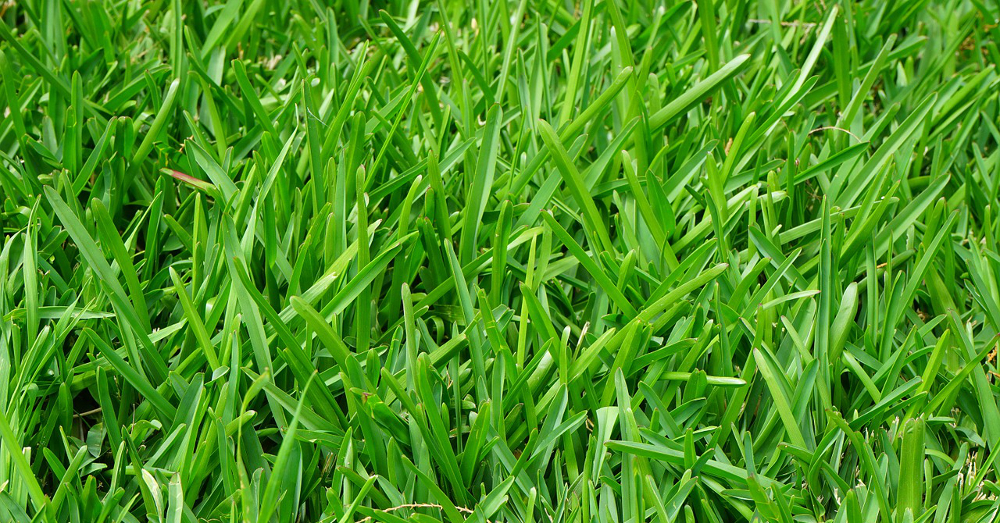
Feds Deregulate Controversial GMO Grass Seed
The U.S. Department of Agriculture on Tuesday deregulated a genetically modified grass that some Oregon farmers and dealers say threatens the state's grass seed business.
January 18, 2017 | Source: The Oregonian | by Jeff Manning
The U.S. Department of Agriculture on Tuesday deregulated a genetically modified grass that some Oregon farmers and dealers say threatens the state's grass seed business.
The altered grass escaped earlier field tests and has established in Jefferson and Malheur counties. Genetically modified to be resistant to the popular herbicide Roundup, the grass has defied more than a decade of the efforts by its creator, Scotts Miracle-Gro, to eradicate it.
Nevertheless, after refusing for 14 years to OK the grass, federal regulators reversed course Tuesday, ruling the seed "is unlikely to pose a plant pest risk to agricultural crops or other plants in the U.S."
"I'm disappointed the USDA deregulated this grass," said Scott Harer, of Columbia Seed in Albany and president of the Oregon Seed Council. "Does it concern me? Yes. If that weed gets to the valley, that's a real problem."
As chronicled in a recent Oregonian/OregonLive story, Scotts' altered grass divided Oregon's grass seed industry. The Marysville, Ohio company is a prized customer buying more local seed than just about any other company. But the escape of its altered seed has raised fears of contamination.
The Willamette Valley is often referred to as the grass seed capital of the world. About 1,500 farmers are part of a billion-dollar business. Little if any of the grass seed is genetically modified. And a significant percentage is sold overseas, where many buyers refuse to buy genetically modified crops.
Grass seed farmers fear the modified seed could eventually make its way into their fields. International buyers temporarily suspended purchases of Northwest wheat in 2013 after genetically modified material was detected in their crop.
The Oregon Department of Agriculture objected to deregulation, as did their counterparts in Idaho, citing the possibility of contamination and a clause in Scotts' agreement with the U.S. Department of Agriculture that will end Scotts' lead role in ongoing eradication efforts as of September 2018.
